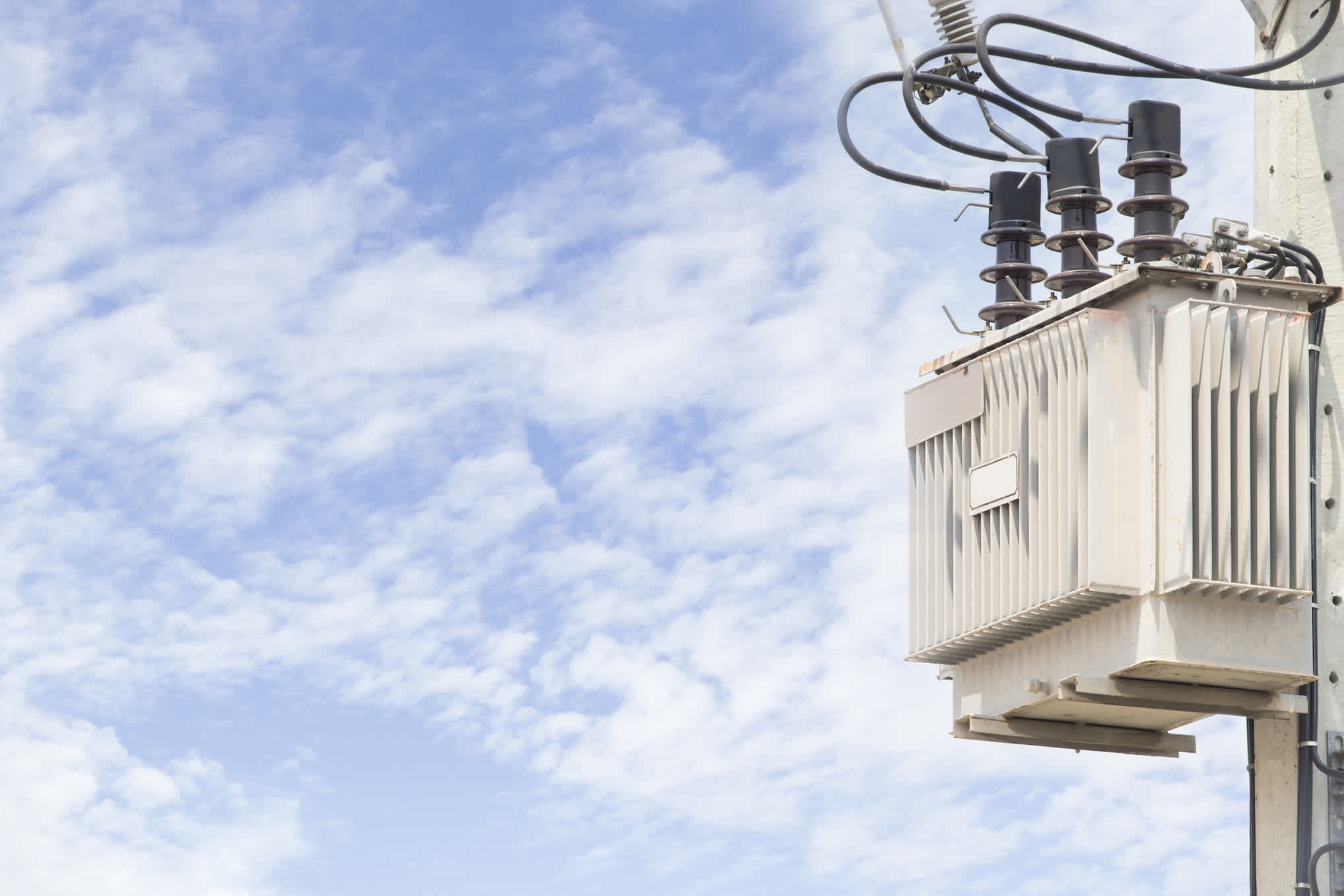
Rise of independent brands creates new challenges for UK traditional energy sector
Last editedJun 20244 min read
The UK energy sector is undergoing a major shift. Now is the time of most significant disruption since privatisation began in the 1980s. And it’s all because of technology. For over a decade, the so-called ‘big six’ energy providers (British Gas, Eon, Scottish Power, EDF, Npower and SSE) have held a firm grip over the UK’s energy sector.
But a new wave of challenger brands is changing all that. The disruptors are driving innovation in what has long been a stagnating market, presenting strong competition to the existing brands, and creating more choice for consumers in the process.

The rise of independent energy
According to a 2016 report from Ofgem, new independent suppliers are gaining market share in the UK, with 14 additional companies becoming active in the domestic market and nine in the non-domestic. The combined market share for small and medium suppliers in the domestic sector grew to 14 % in March 2016. In contrast, the big six have continued to lose market share across both segments.
The rise in challenger energy brands has happened for a number of reasons. Firstly, the big six have kept on increasing costs to the consumer even when global wholesale energy prices were low. For example, a January 2015 article in the Guardian revealed that UK households were being overcharged for energy by as much as £140 per year. This unfairness has made UK consumers disillusioned and resentful towards the big six.
Poor customer service is another important factor. According to a recent surveyfrom the Institute of Customer Service, the traditional energy sector ranks lowest for customer satisfaction out of all industries in the UK. In marked contrast, another survey - conducted by Which? - showed that smaller energy firms and new players score far higher for customer satisfaction than any of the big six. In fact, all six rank at the very bottom.
Doing energy differently
The new breed of energy challengers clearly recognise these issues. For example, challenger brand Bulb Energy describes itself as a technology-led, 100% renewable energy supplier. Bulb has made customer service one of its key focus points, offering an online community where its customers can share ideas and chat with other members about how to improve the service. This transparent approach is a world away from the traditional image of the UK’s energy providers.
Robin Hood Energy of Nottingham is another supplier that likes to ‘do energy differently’. Nottingham City Council launched the initiative in a bid to provide affordable low-cost energy to all households. Robin Hood is the country’s first local authority owned energy provider, focusing on easy switching, low prices, and accessible customer service. In addition, the friendly community image of Robin Hood gives potential switchers an increased sense of security, encouraging them to break away from the big six.
Vulnerable customers have long suffered from the poor service and inconvenient policies of the big six. But with advances in direct debit technology such as GoCardless, energy challenger brands can now offer tailored payment plans. This feature allows them to set up more flexible billing, so that customers can pay their bills on the day and at the frequency that suits them best. Making paying for energy easier for those in need is another important aspect in offering all-round excellent customer service, which helps challengers build a strong brand image in the process.
Smoothing the path with automated billing
Technology supports many challenger brands in managing their customer bases effectively, important for keeping costs competitive. For example, software companies such as ENSEK or Junifer provide billing systems tailored to the needs of energy providers.
In particular, these software solutions can be integrated seamlessly with the Smart Meter technology that utility networks are currently rolling out across Europe. With the potential for flexible integrations with direct debit services such as GoCardless, these combined systems are sensible choices for UK energy providers, giving them a reliable platform on which to build their competitive advantage.
Using GoCardless with ENSEK or Junifer to collect Direct Debit payments allows energy providers to automate their entire payments process. This significantly reduces time and labour spent on the payment process, freeing up resources for the companies.
The single mandate feature is another aspect of the GoCardless offering that makes it especially appealing to energy challenger brands. Using this feature, companies can accept all kinds of payments under a single mandate, including regular, recurring and ad hoc payments, without needing to resort to using cards as they did in the past. Importantly, using GoCardless also offers the ability to process refunds, which enables companies to provide faster and more efficient customer service.

To switch or not to switch
The challenger brands are not only beating the big six on customer service, they’re also going one better on price. In fact, according to the UK government, consumers can save £200 every year by switching their provider. It is worth noting that many energy consumers are stuck on ‘Standard Variable Tariffs’ (SVTs), because they don’t know or think to change them. These default tariffs are always more expensive than fixed term deals.
Making the task of switching easier is the key focus for challenger brand So Energy. It keeps its website simple and aims for maximum automation in business processes. Using Direct Debit for customer billing is an important part of that. Although So Energy aims to provide good customer service, the company also prefers to keep operations lean. Using billing systems from Junifer or ENSEK combined with inbuilt Direct Debit from GoCardless is a powerful way to do this.
For those yet to enter the energy market, ENSEK offers a comprehensive market entry product, Ignition, which combines industry leading software and managed services to create a truly turnkey solution; from licensing and accreditation, right through to market messaging, billing, and CRM.
The GoCardless integration is particularly beneficial for ENSEK’s startup customers, because it takes away the need for a large bond that’s a requirement with typical bank services, and also offers instant access to Direct Debit. For startups, mitigating costs and protecting cashflow is vital, making GoCardless a clear choice.
What’s next for new energy?
Despite the success of many new entrants, it’s still difficult for challenger brands to break into the UK energy market. Many consumers are still unaware that they can switch away from the household names and instead benefit from innovative new players. Many also assume, incorrectly, that switching is a difficult, if not impossible, process.
The key issue for the challenger brands is breaking into this market. But persistence is important here. By keeping their services lean and costs low, while continuing to provide good customer service is what will differentiate the challengers from the established players. This is where tech plays a vital role. Managing customers using systems such as ENSEK or Junifer, which integrate the power of GoCardless for billing, ensures the process is kept streamlined and automated. Reducing the need to spend excess time and effort on billing will give challenger brands a better chance of keeping their competitive edge over the big six, even when the time comes for the six to wake up and fight back.
For new entrants, the main challenge going forward is to reach and engage the massive, untapped market of people who have never switched suppliers. Backed up by the power of automated systems, new entrants can focus their efforts on improving their offering, while conducting outreach and engagement initiatives targeting the UK’s huge dormant market of switchers-in-waiting.
Discover Direct Debit for the Digital Age
GoCardless is a simpler and smarter way for energy firms to collect payments.

